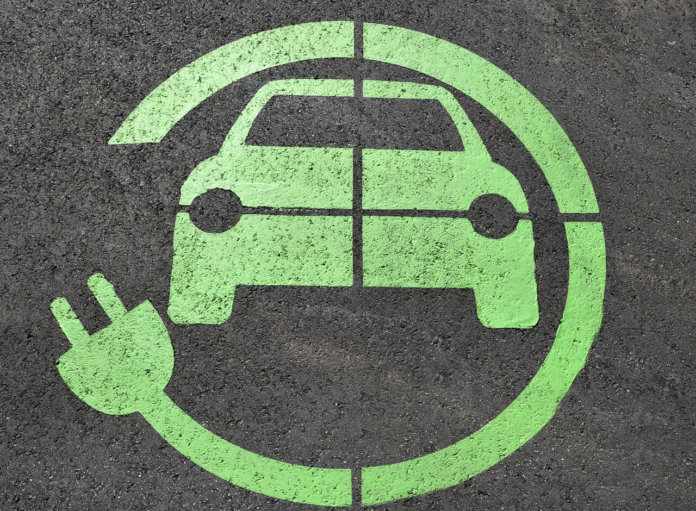Duke Energy has proposed a pilot program designed to increase electric vehicle (EV) charging options across South Carolina.
“Electric vehicles are coming to South Carolina, but more investment is needed to grow the adoption of this evolving technology and the benefits it brings to the state,” explains Kodwo Ghartey-Tagoe, Duke Energy’s South Carolina president. “We must prepare for this by providing for and better understanding the electrical needs of this growing population.”
The pilot consists of four programs designed to research and better understand the effects of increasing adoption of electric transportation on Duke Energy’s electric system, the behavior of customers, and the potential financial and environmental benefits to the state of South Carolina. The proposal includes as follows:
- Residential EV Charging Program: This program will provide a rebate and ongoing quarterly participation payments for up to 400 residential customers installing qualifying Level II charging equipment in exchange for utility management of home charging during defined hours. A Level II EVSE allows customers to charge their EVs up to six times faster than a standard 120-volt wall outlet.
- EV School Bus Charging Station Program: This program is designed to facilitate the replacement of older diesel school buses with electric school buses. Duke Energy will provide financial support for the purchase of about 30 electric school buses. In addition to studying the charging characteristics and usage patterns of electric school buses, this program will test bidirectional power flow abilities of electric school buses and the potential to use their batteries during times of high electric demand or during disaster recovery.
- EV Transit Bus Charging Station Program: Duke Energy will provide financial support to eligible transit agency customers electing to procure electric buses for up to 30 charging stations.
- DC Fast-Charging Station Program Duke Energy will install, own and operate up to 30 DC fast-charging installations across its South Carolina territory to provide a foundational level of infrastructure and facilitate EV market growth.
“Lack of charging stations is commonly cited as a barrier to purchasing an EV,” says Lang Reynolds, Duke Energy’s manager for electric transportation initiatives. “That’s why our proposed pilot programs are designed to install a foundational level of fast-charge infrastructure and better understand the effects of increasing adoption of electric transportation.”
The estimated cost of the pilot is about $10.4 million over the initial three years. The pilot must be approved by the Public Service Commission of South Carolina before it can be offered to customers.





